Mental Wellness in the Workplace
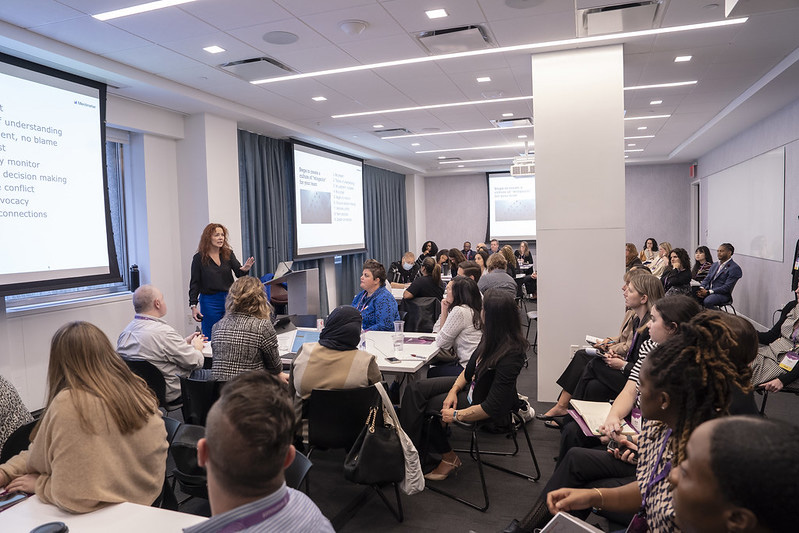
“A healthy workforce is the foundation for thriving organizations and healthier communities,” according to U.S. Surgeon General Vivek Murthy, MD. “As we recover from the worst of the pandemic, we have an opportunity and the power to make workplaces engines for mental health and well-being.”
Psychological research shows the importance of providing mental health support, including appropriate, evidence-based training for employees, to improve the workplace and your employees. Putting mental health at the center of workplace policies and culture is more important than ever as the nation grapples with financial stressors, shifts in the workplace exacerbated by the pandemic, and growing concerns about stress among Americans. Employees are struggling with stress, burnout, and disconnection like never before. Specifically, four in 10 U.S. employees say their job is negatively impacting their mental health and fewer than one in four employees say their organization cares about their well being – nearly half the number who said the same before COVID-19 rocked the workplace.
Learn more about how Dr. Robin and her expertise on this topic can support mental wellness in your organization.
Talks Include:
Mind Matters: Navigating Mental Health in the Workplace
Ignoring the mental challenges you, your colleagues, or your employees experience exacerbates the issues. That stigma-based approach worsens individuals' experiences with mental health challenges, and also detrimentally impacts an organization. Learning how to recognize, support, and sustain mental well-being creates long-term benefits and is an inherent success strategy in today's workforce. By providing concrete strategies for intervention and prevention, individuals learn the tools to help themselves and support those around them.
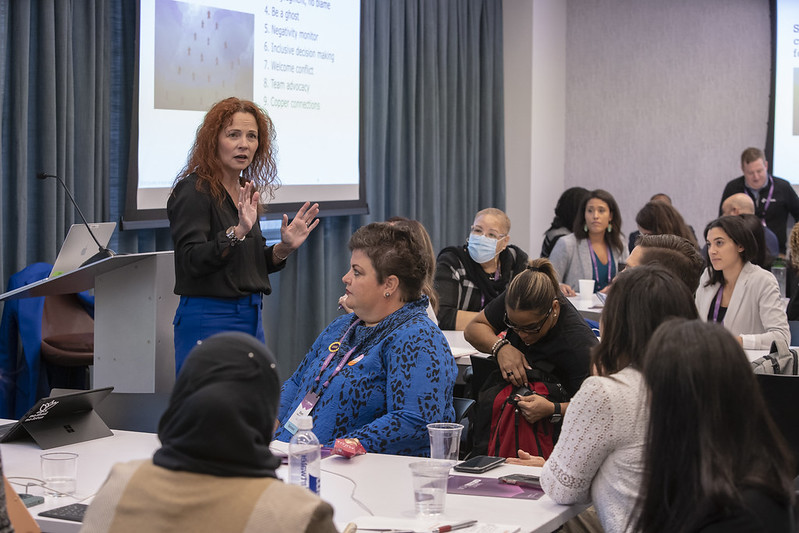
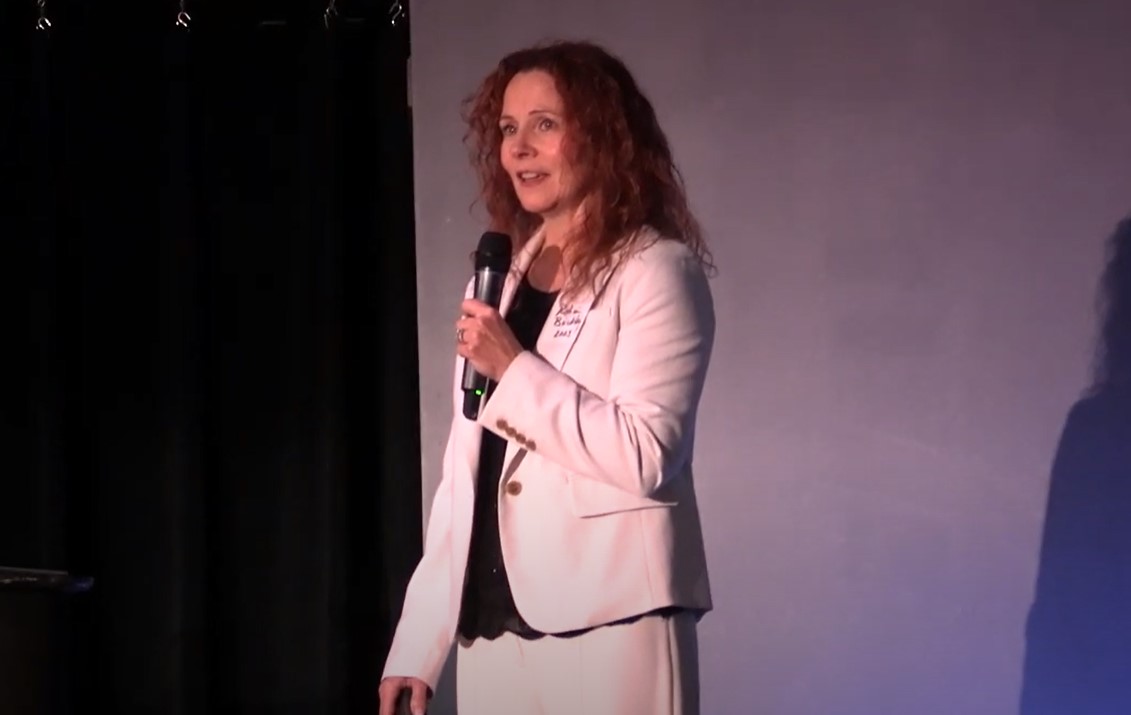
Cognitive Behavioral Tactics (CBT): Making your brain your ally
Unknowingly, our brains are often our adversaries rather than our allies. Society contributes to this phenomenon by supporting the idea that emotions "just happen" and there is nothing we can do about them. This is a lie. By building a toolbox of cognitive-behavioral tactics, we can control the thoughts which create stress, burnout, perfectionism, and imposter syndrome, and function at our optimal levels. In this session, you will talk away with concrete, actionable ways to make your brain work for you rather than against you to be your optimized self, professionally and personally.
Wingsuits at Work: Creating psychological safety for professional risk taking
Innovation occurs in environments which encourage risk taking and authenticity. But how can leaders create a culture which encourages this and more importantly, demonstrates that team members are safe to take risks, be vulnerable, push boundaries and openly share ideas? By implementing specific approaches and cognitive behavioral strategies as leaders and team members, psychological safety can be a conduit to change and growth.
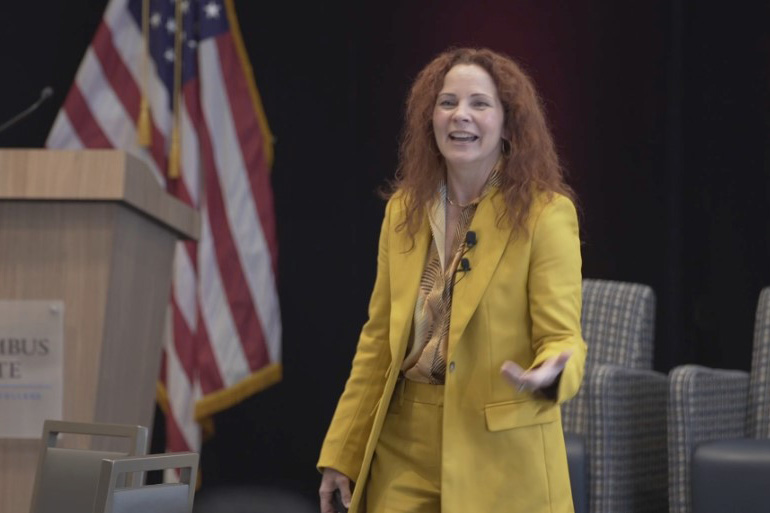

Walk the Talk: Helping leaders use storytelling to create a mental wellness culture
Experts in mental health say that the most important call to action in creating a workplace culture which supports mental health is leading by example. Leaders who share their own stories regarding mental health model the culture which considers mental health as equitable to physical health. But in order for this strategy to be effective, the storytelling must be authentic and, for many leaders, it is about finding their voices and being comfortable sharing their stories.
The Cast of the A-Team: The power of allyship, advocacy, and activism in the workplace
Being an ally, an advocate, and an activist has specific impact upon an organization. Understanding the differences, learning how to manage the thoughts which hinder our roles, and using cognitive behavioral strategies so we can truly impact change is essential. Even more, learning the contributions each role has allows you to effectively navigate among these roles, allowing you and the individuals within your organization to affect the greatest outcomes.
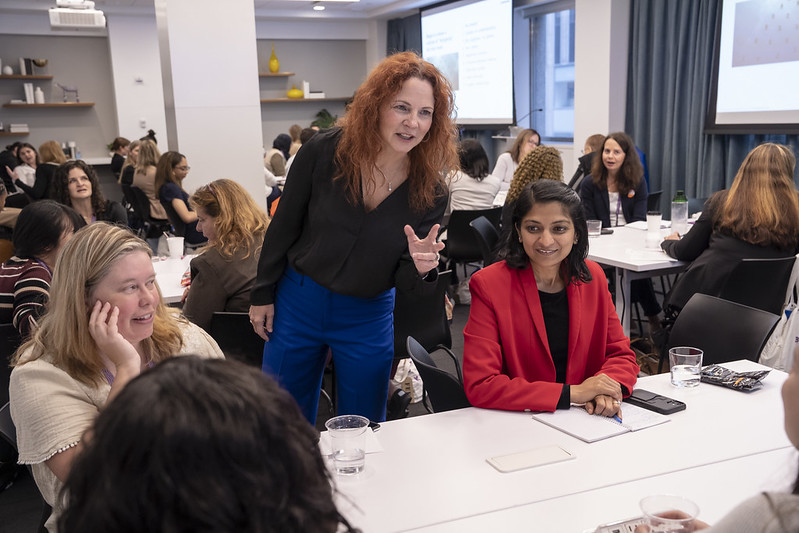
If you're interested in booking Dr. Robin as a speaker or to conduct a workshop, please fill out the form here.
You will hear back from a member of the team within 24 hours.